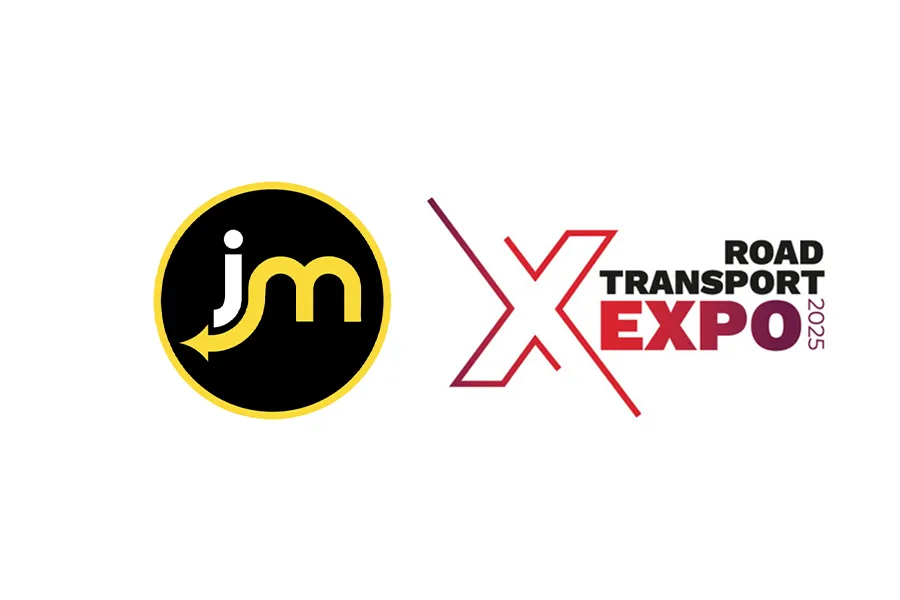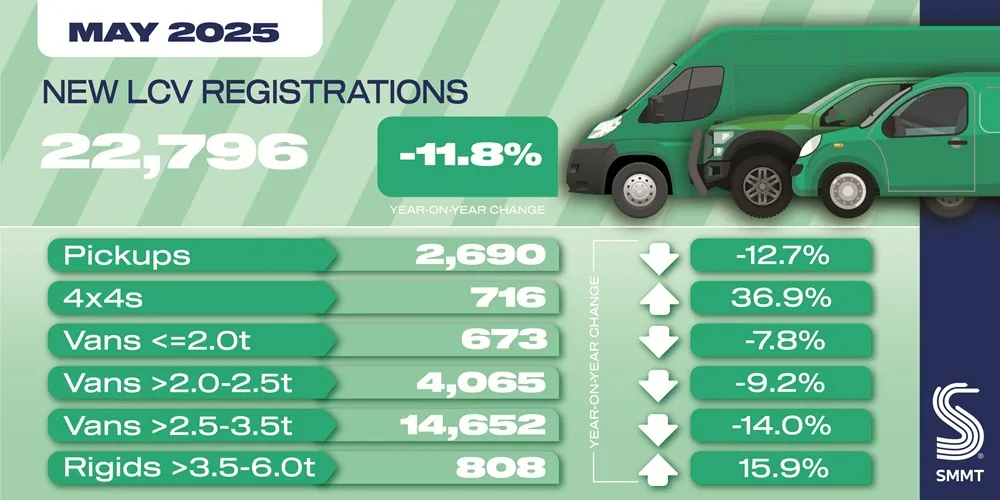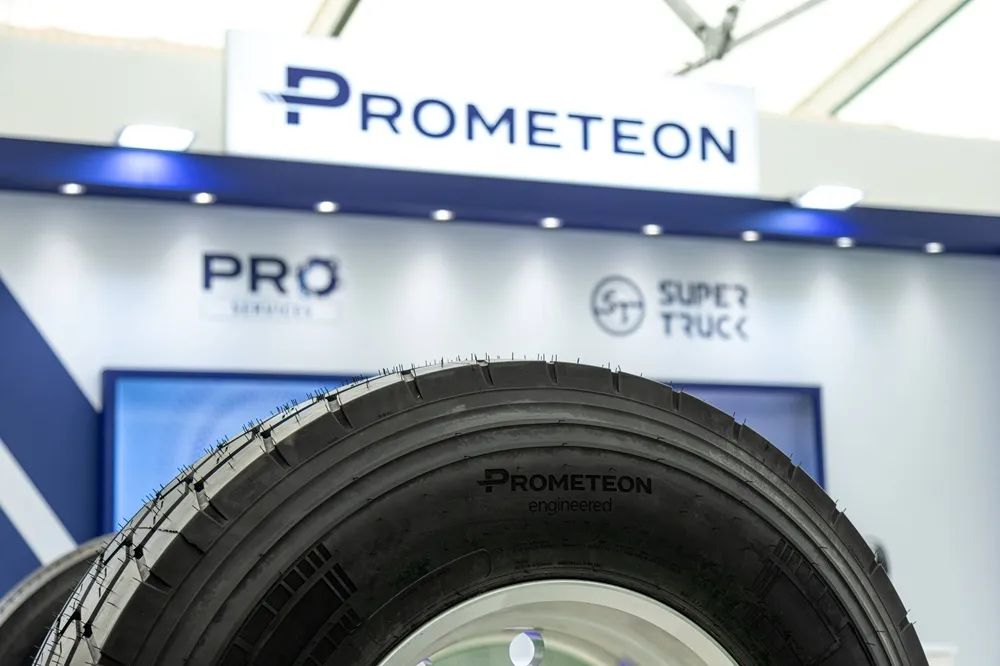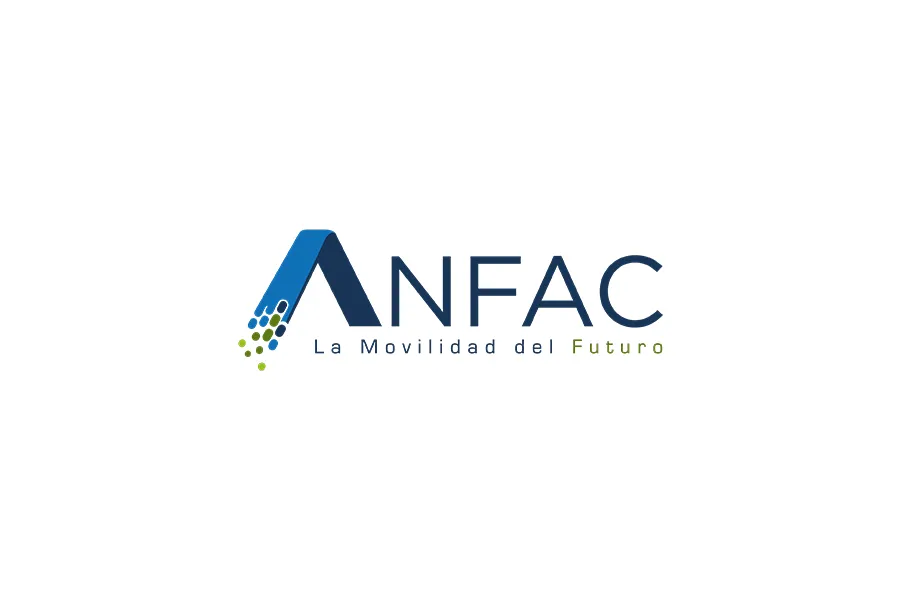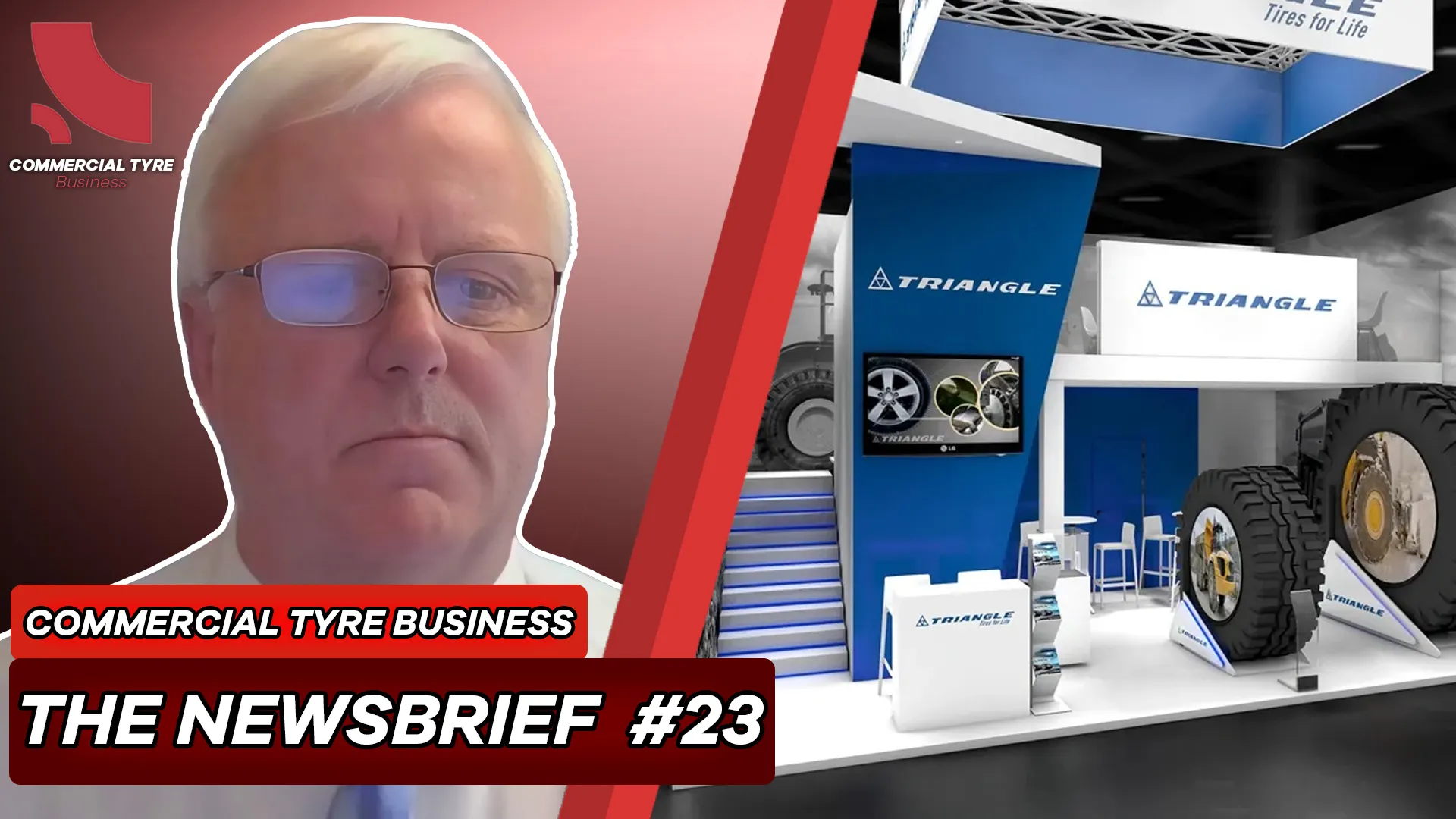Continental has always been more open about its sustainability than its competitors. Their in-house retread operation at Hannover-Stöcken makes use of its in/house waste as a recyclate that is reintroduced to the retreading process. The ContiLifeCycle plant is the only production facility that combines tyre recycling and retreading under one roof, and allows for innovative solutions for reusing and recycling tires, thus setting new benchmarks in sustainability. So, it comes as no surprise that Continental takes its sustainability goals very seriously.
Ralf Benack, Head of Fleet Solutions EME...
Ralf Benack, Head of Fleet Solutions EME...



